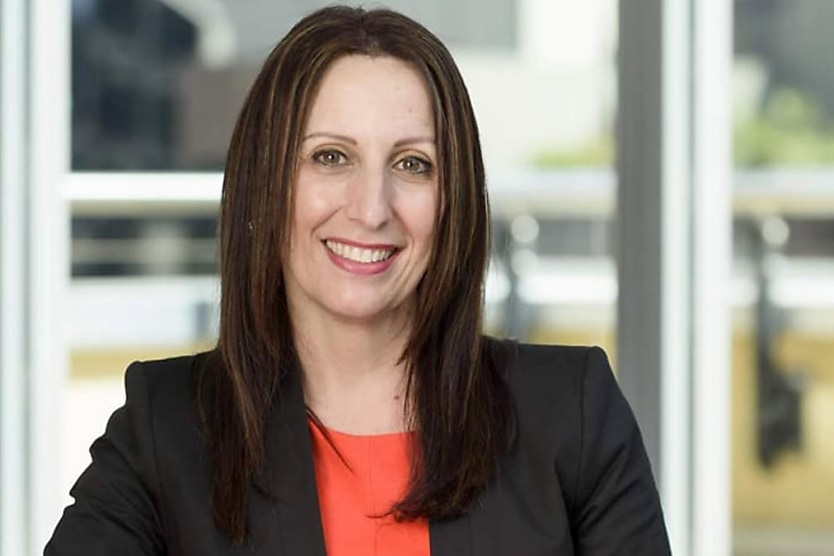Are women in danger of being disadvantaged by flexible working?
SHARE THIS ARTICLE

Fay Calderone is a partner at Hall & Wilcox. She is also the chair of the firm’s diversity, inclusion and wellbeing council. When she joined The HR Leader podcast on 4 November 2022, she shared her thoughts on working from home and hybrid working, and the impact this might have on women in the workplace.
Ms Calderone observed that it may be a cause for concern if women are taking up flexible work while men go back to on-site working.
She said: “Long story short, while the offering seems to be made by a lot of organisations indiscriminately, what we are seeing is a little bit of a fall back to old habits. And women are still, I think the research showed during COVID-19, doing a disproportionate amount of the care and continue to do so. And in other cases, women who have traditionally worked full time and in the office are taking up more flexible working than they otherwise would have. They’ve seen it as an opportunity to finally be able to have a better balance.”
She continued: “Unfortunately, and I’m speaking very anecdotally and very broadly because there are certainly exceptions to this, but we have seen a lot of men just fall back into old habits in the workplace. And certainly at one stage, you could go out to an event, or a restaurant and you’d see that 80 per cent of the people were men, so women were still working flexibly, [but] men had rushed back to the office more quickly. Now the concern around that is, of course, what the flow-on implications are.”
Ms Calderone emphasised during the discussion that flexible work needs to be for both sexes.
She stated: “For many years, I’ve advocated for flexible workers; the solution to creating more healthy and inclusive workplaces, because we know that women, in particular, are going to carry a lot of the care burden both for children and elderly parents in the next phase of our lives. And as a consequence of that, they’re more likely to work part time, they’re more likely to work flexibly. And what we’ve advocated, for a long time, is the universal offering of flexible work to everyone, indiscriminate, offer flexible work in an attempt to destigmatise it and to reduce the ongoing impact on pay and progression from taking flexible work.”
Highlighting how a male/female split between homeworking and on-site working might set those at home back, Ms Calderone said: “This issue of sexism is that if there are too many people back in the office or particular leaders back in the office, and then they, as a result of just ease and convenience and old habits then favour those that are closest to them in the office or also physically in the office, that means that they may get better work. That means that they may make better money or achieve better results. And ultimately, they’re the ones that are promoted and progress and we are back to where we started.”
Ms Calderone summed the issue up by saying there’s work still to be done in this area, “We really need to ... continue to work on the cultural change that we need and to really encourage the take-up [of] flexible work more broadly in the workplace.” And the work includes, according to Ms Calderone, to “start closing that ridiculous gender pay gap”.
The transcript of this podcast episode, when quoted above, was slightly edited for publishing purposes. The full audio conversation with Fay Calderone, including references links and note from the editor is here.
Shandel McAuliffe
Shandel has recently returned to Australia after working in the UK for eight years. Shandel's experience in the UK included over three years at the CIPD in their marketing, marcomms and events teams, followed by two plus years with The Adecco Group UK&I in marketing, PR, internal comms and project management. Cementing Shandel's experience in the HR industry, she was the head of content for Cezanne HR, a full-lifecycle HR software solution, for the two years prior to her return to Australia.
Shandel has previous experience as a copy writer, proofreader and copy editor, and a keen interest in HR, leadership and psychology. She's excited to be at the helm of HR Leader as its editor, bringing new and innovative ideas to the publication's audience, drawing on her time overseas and learning from experts closer to home in Australia.

